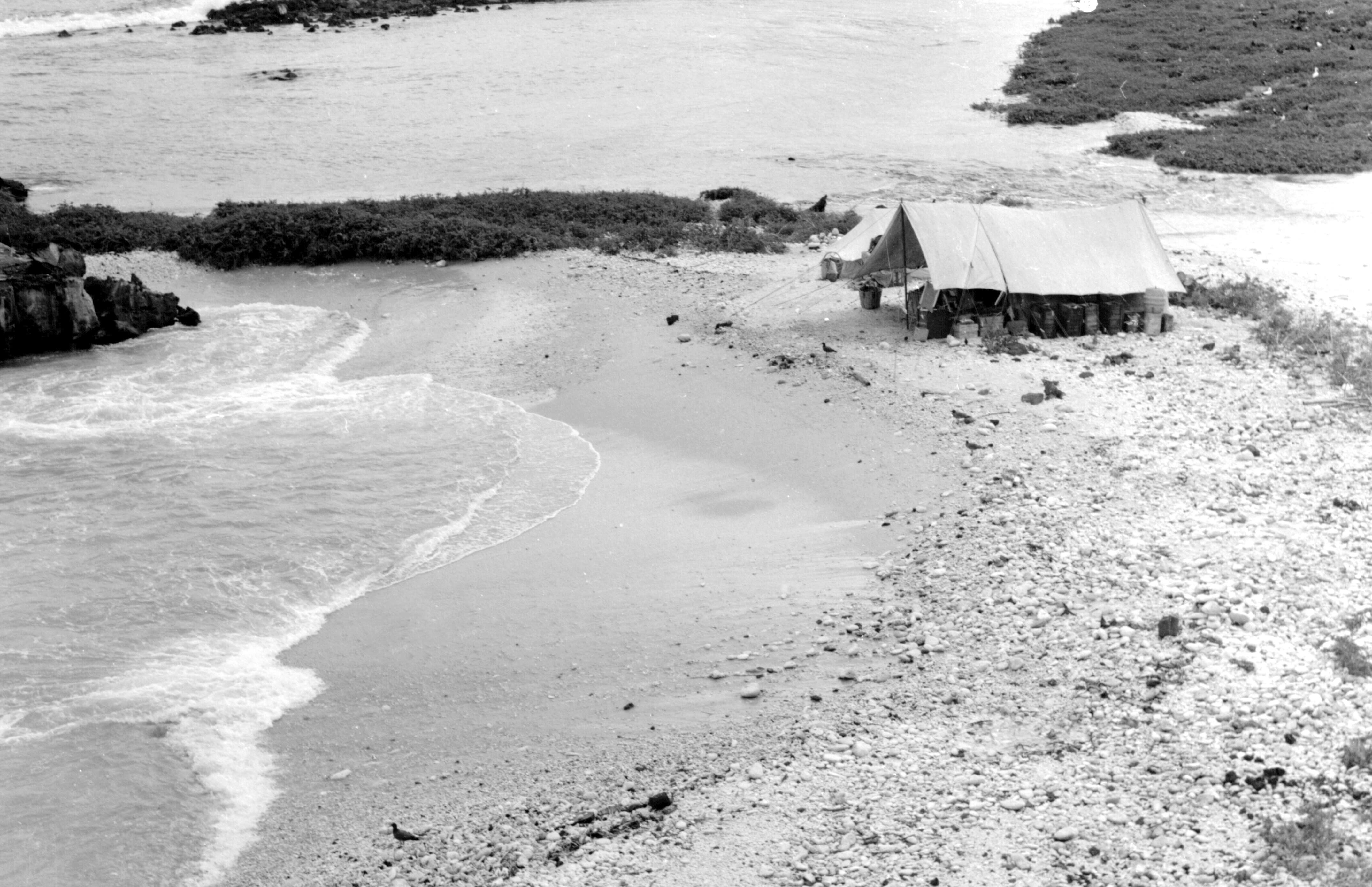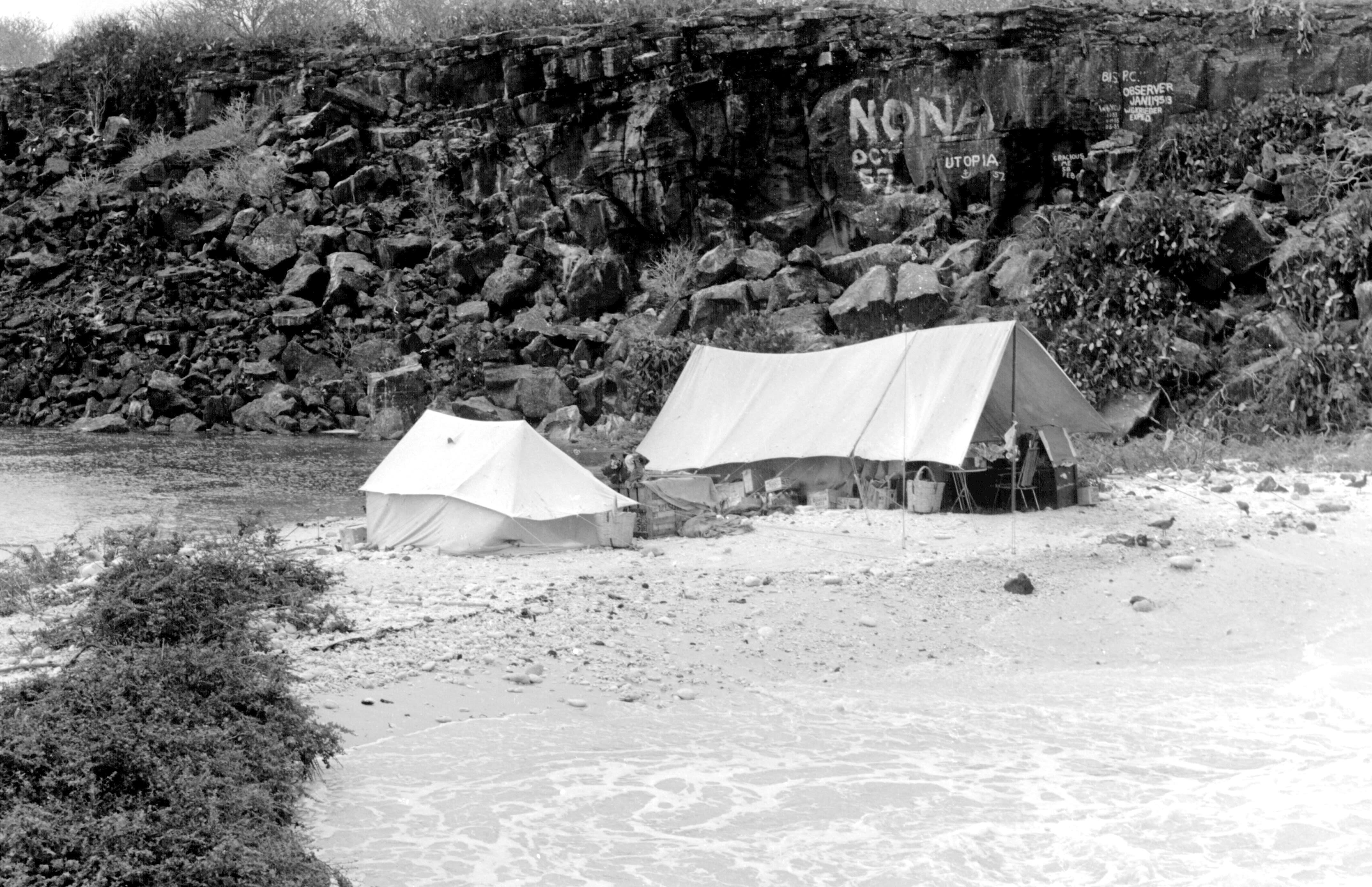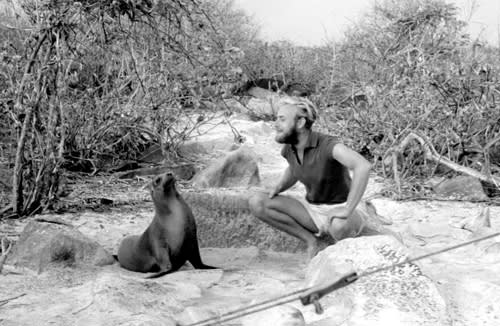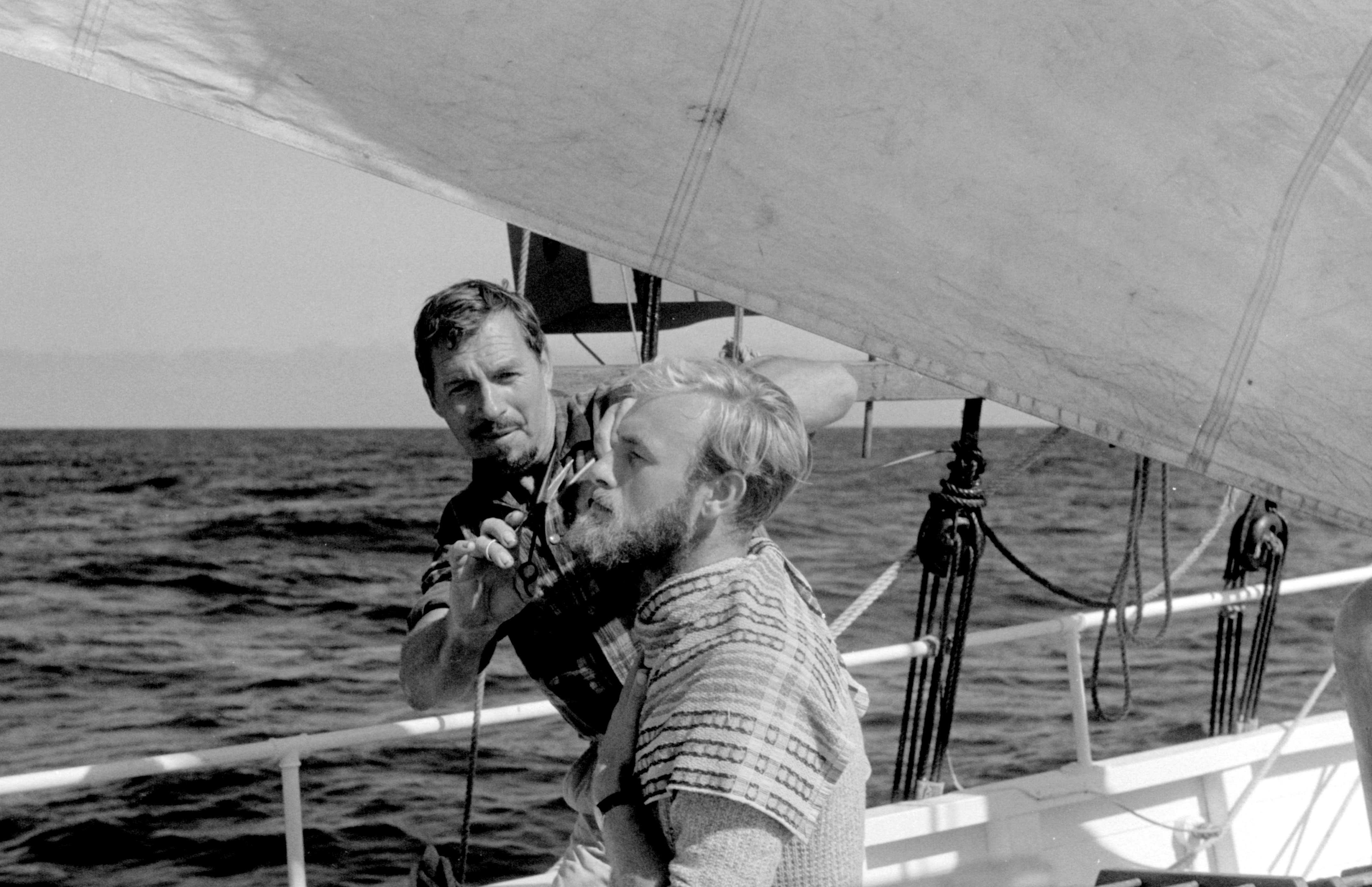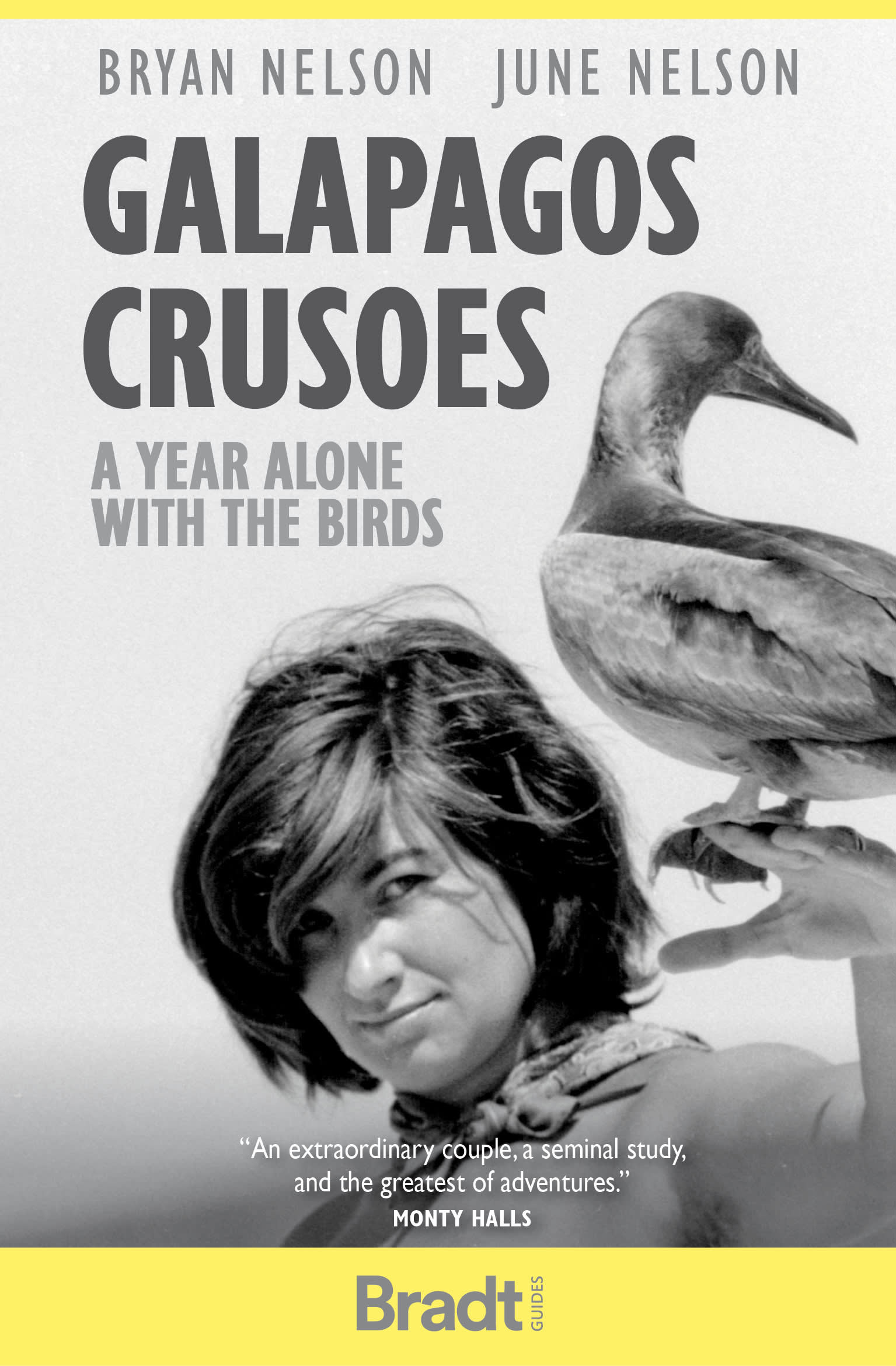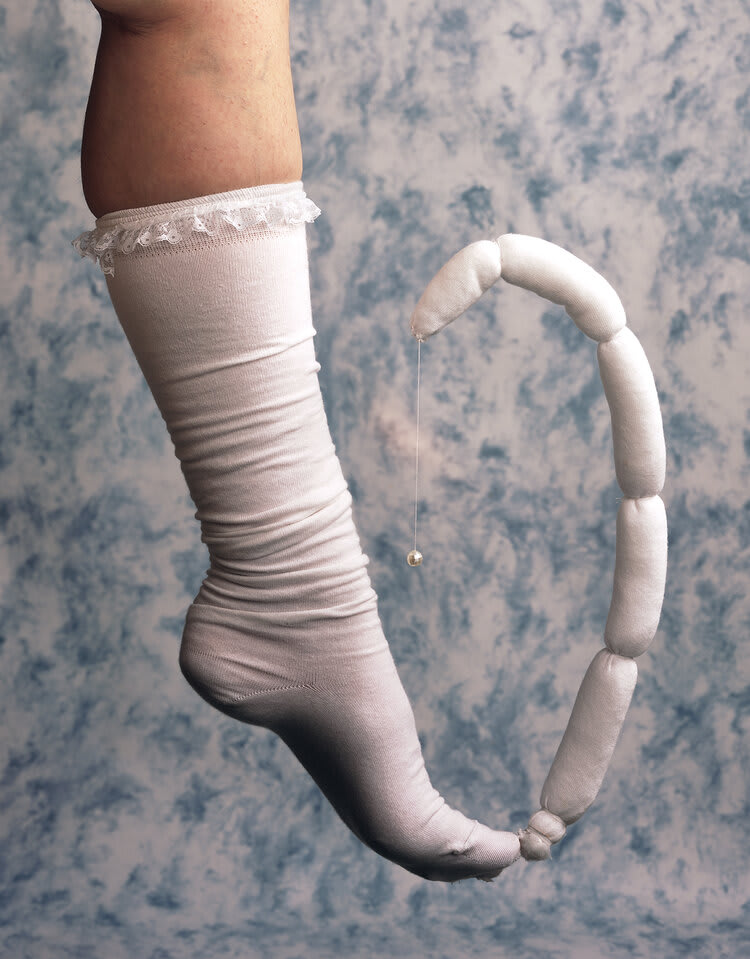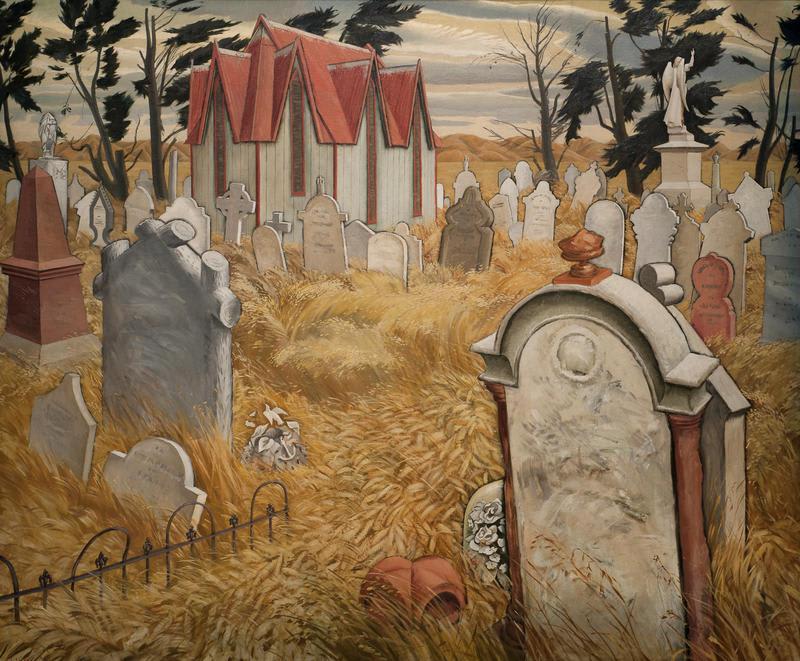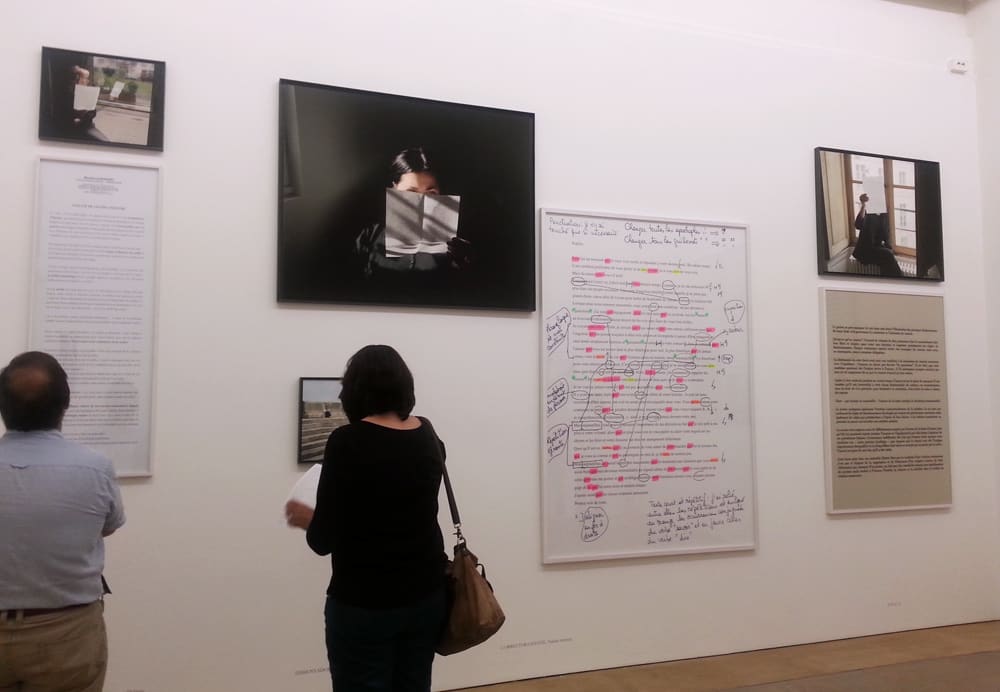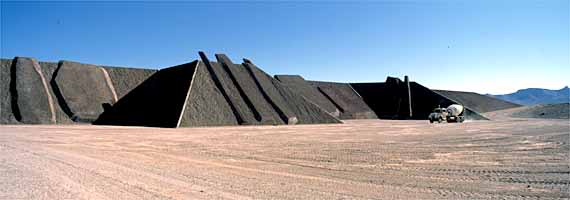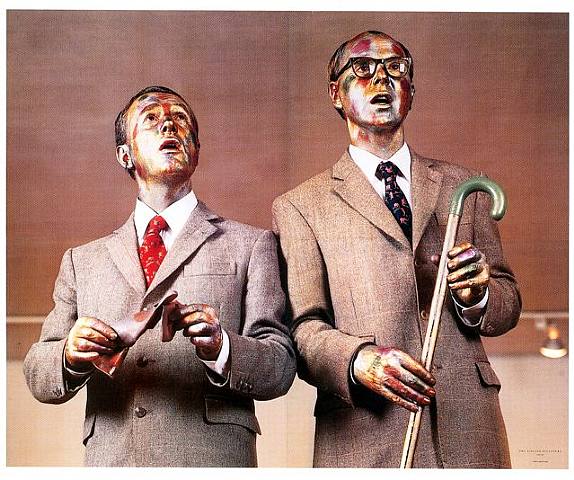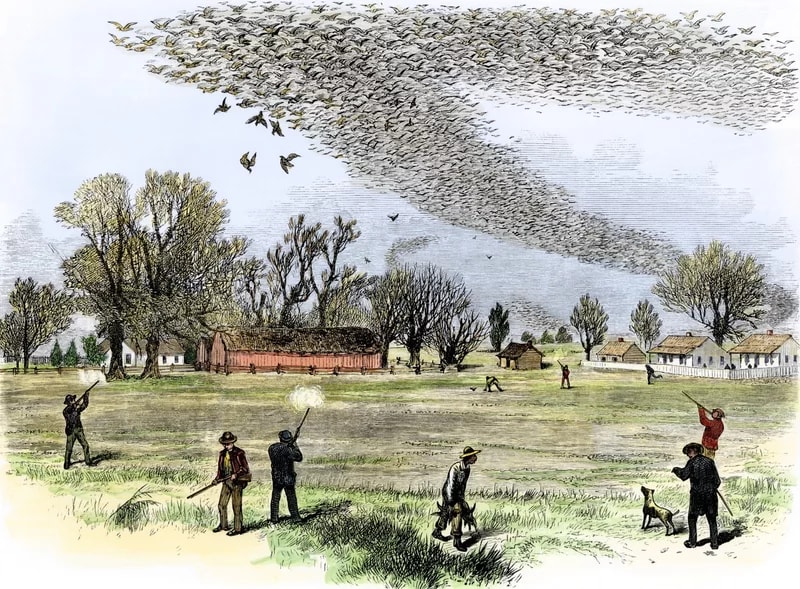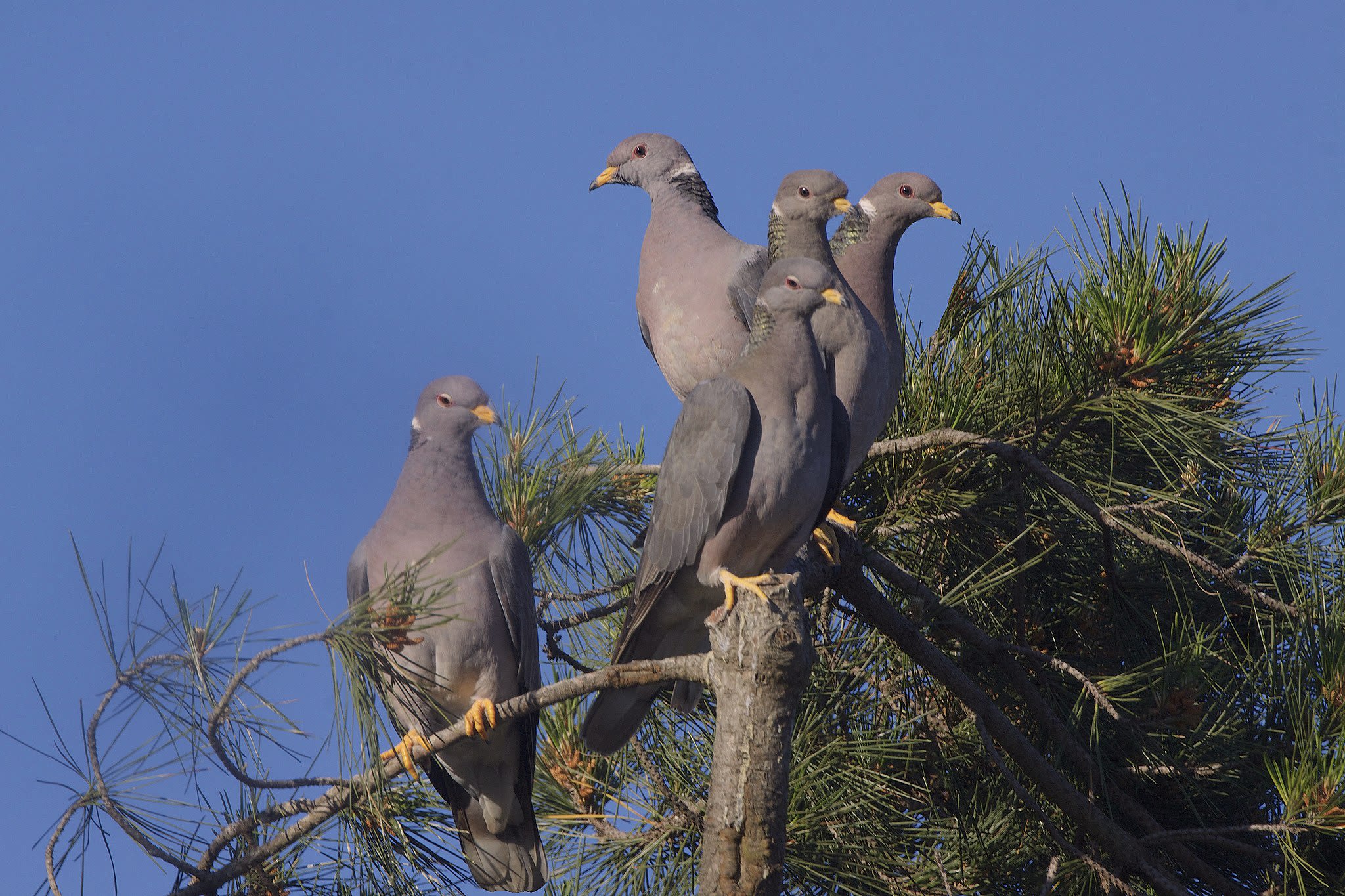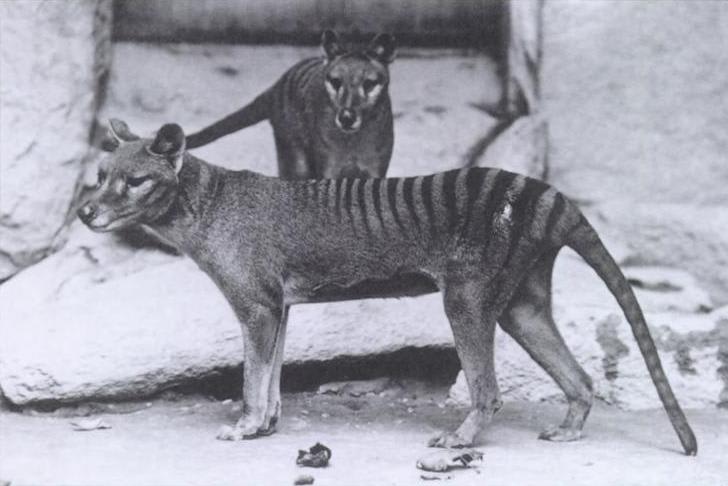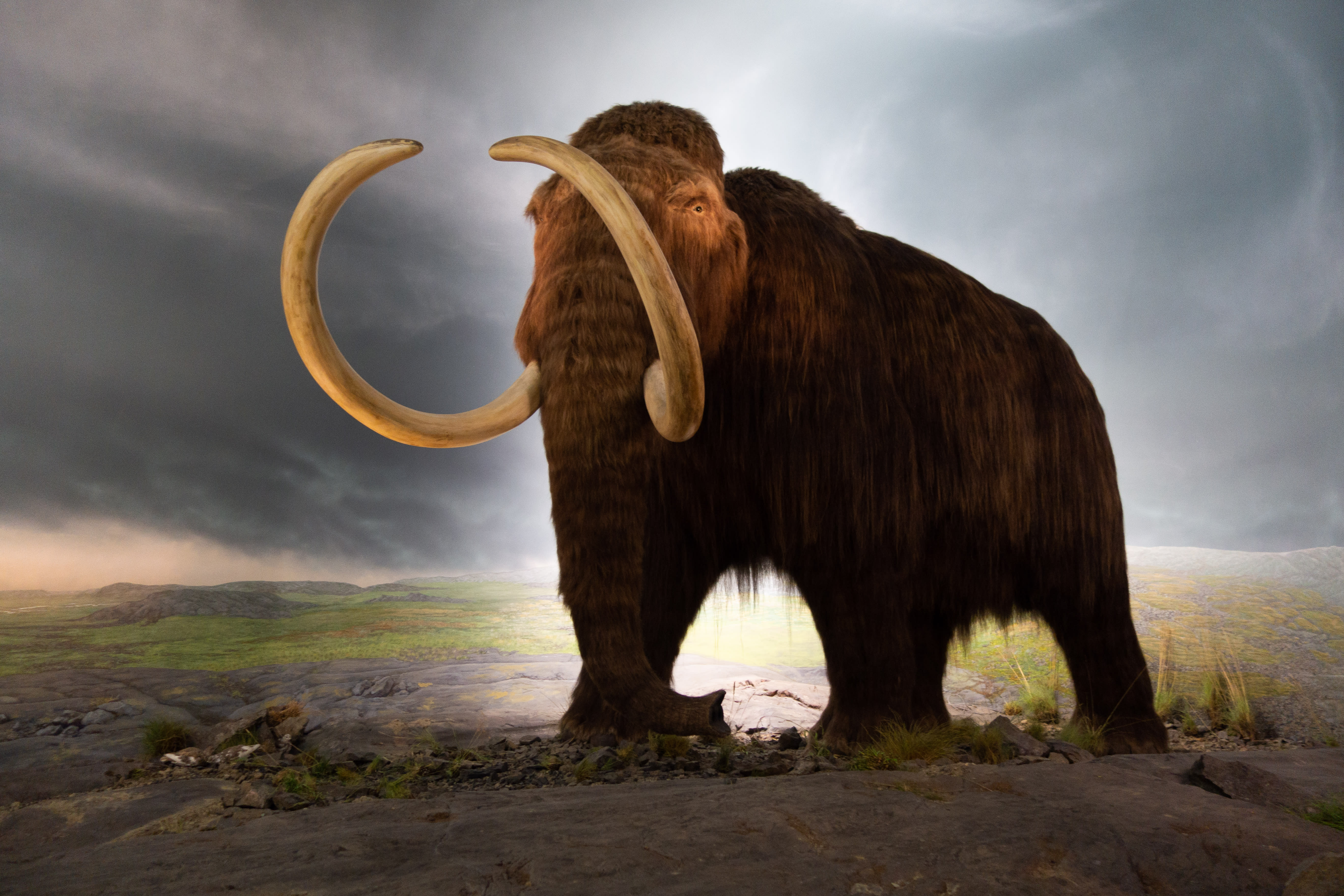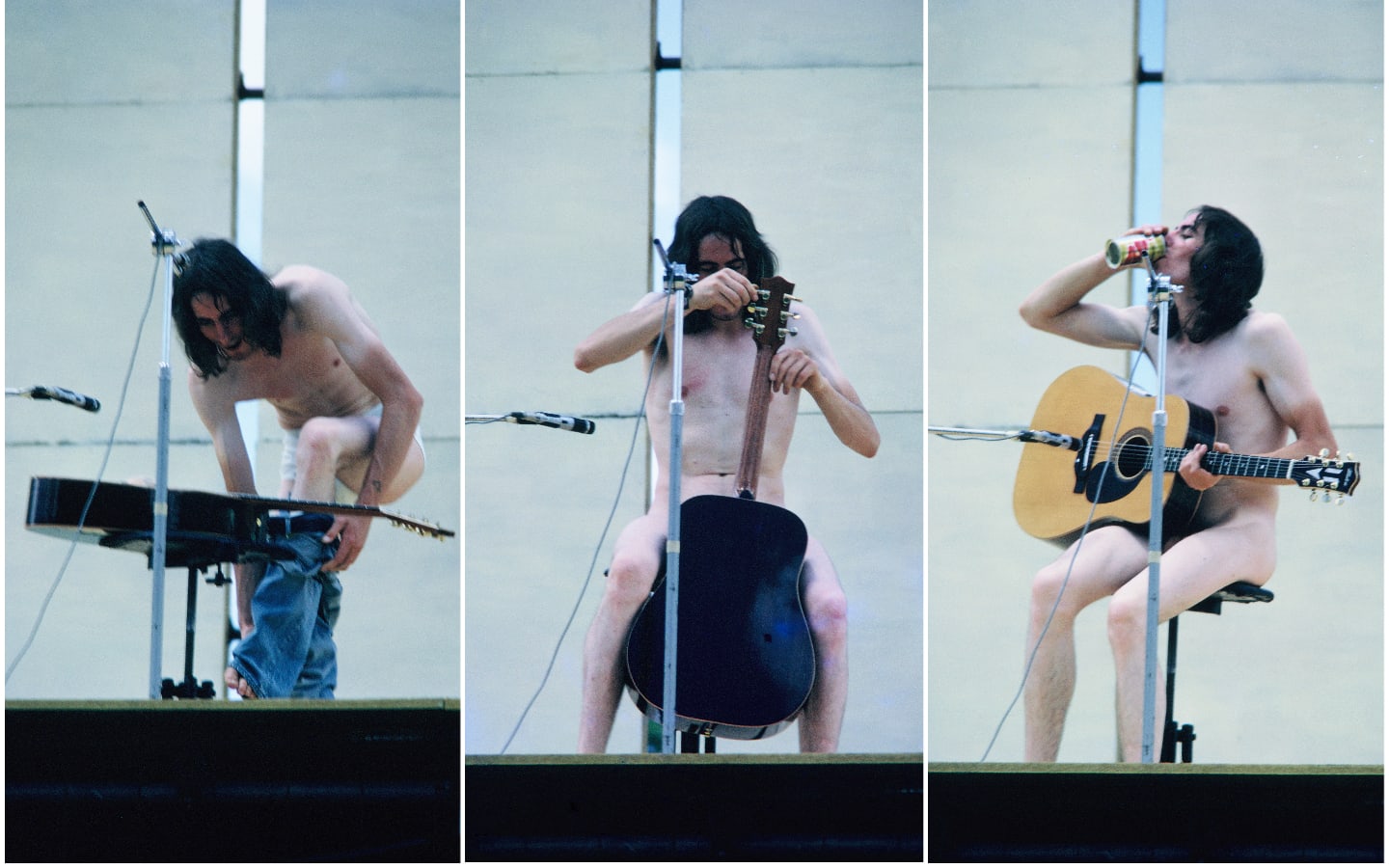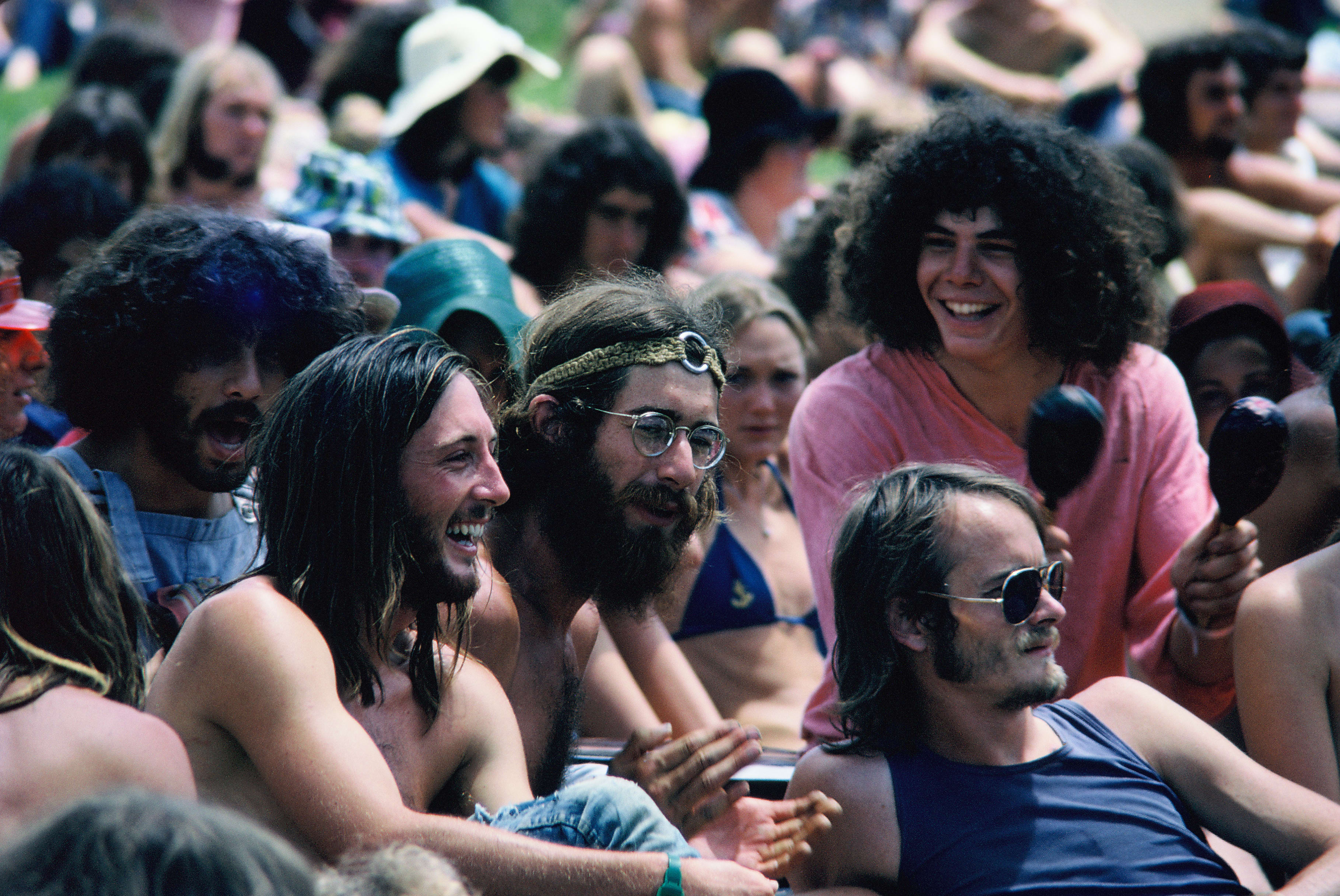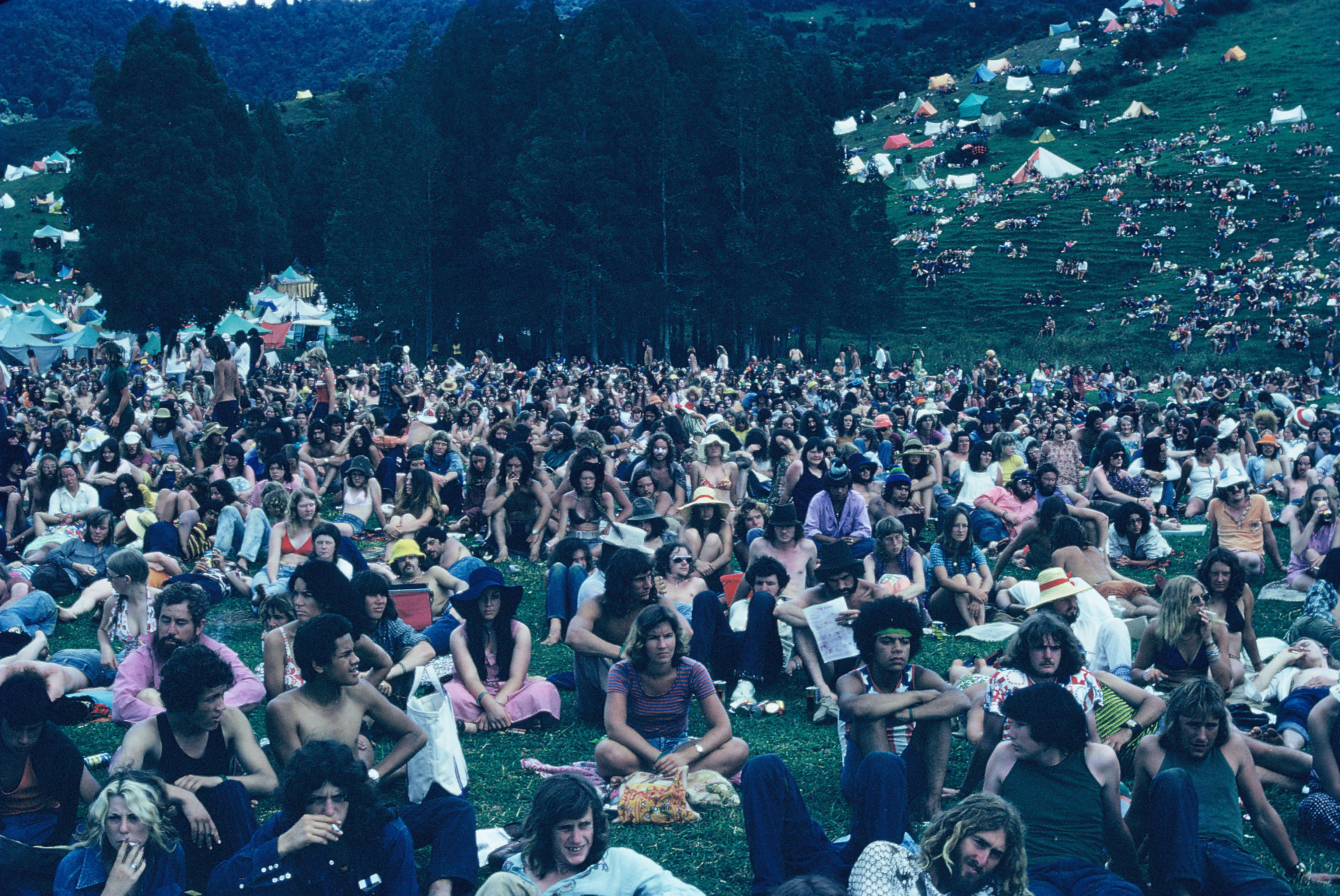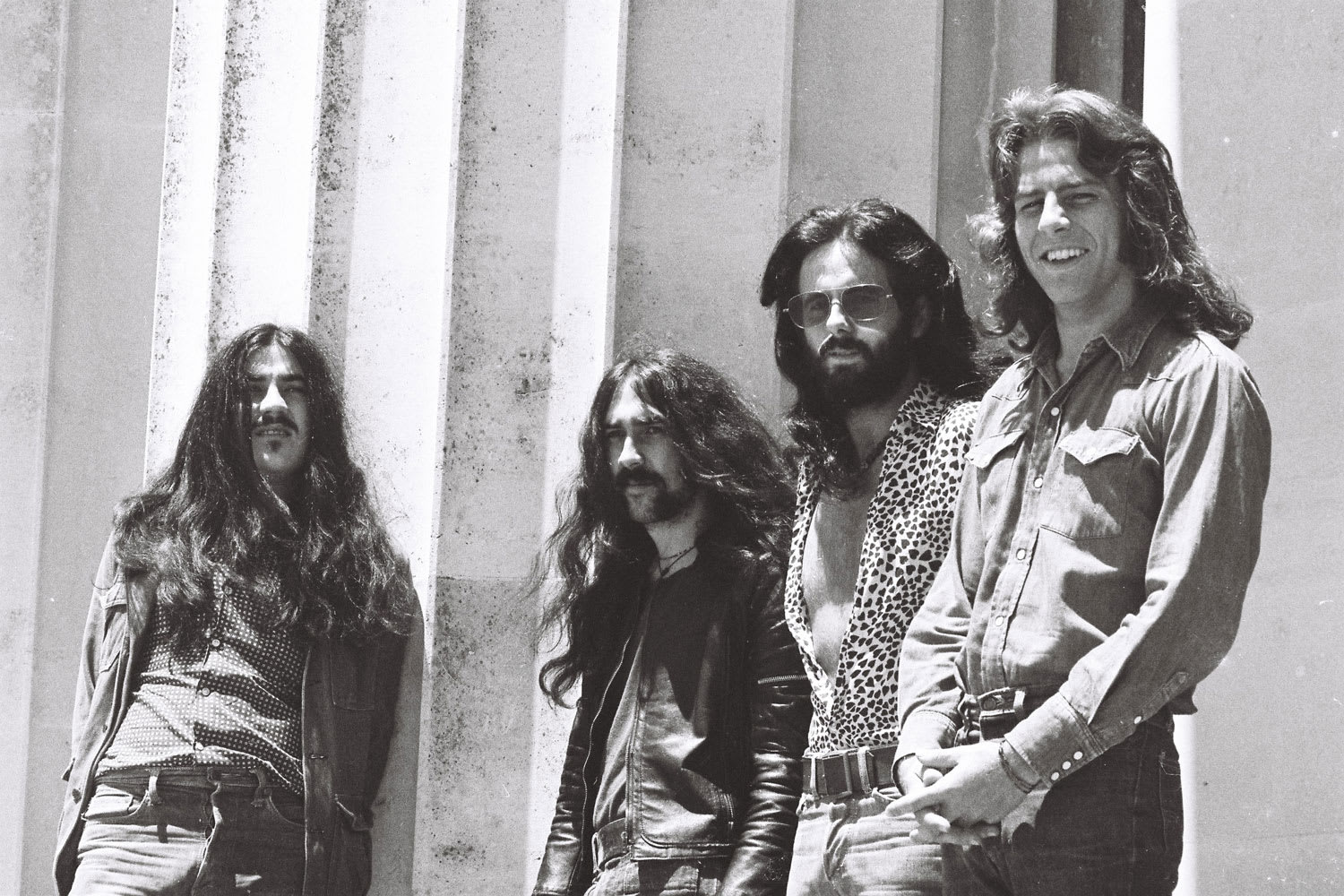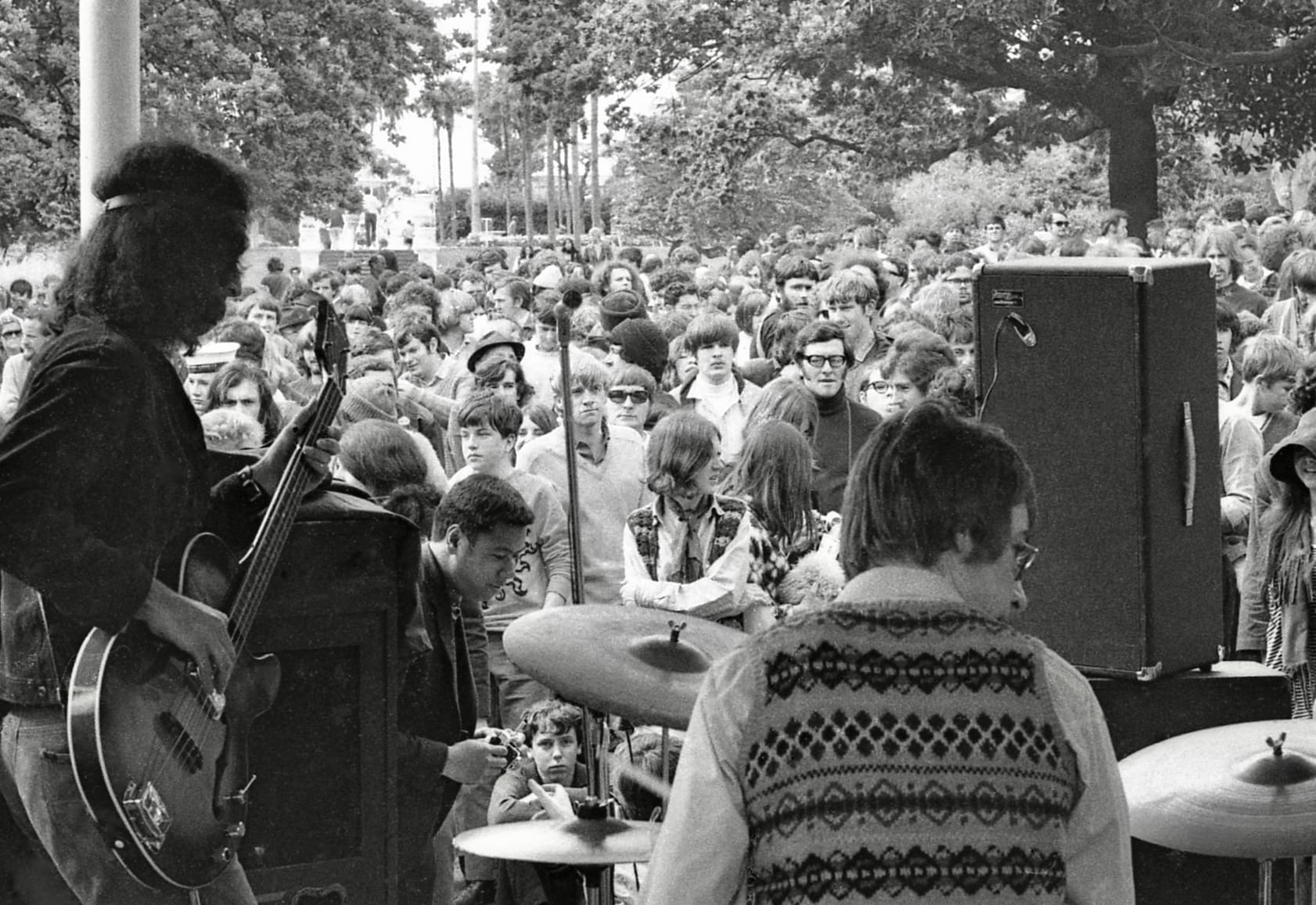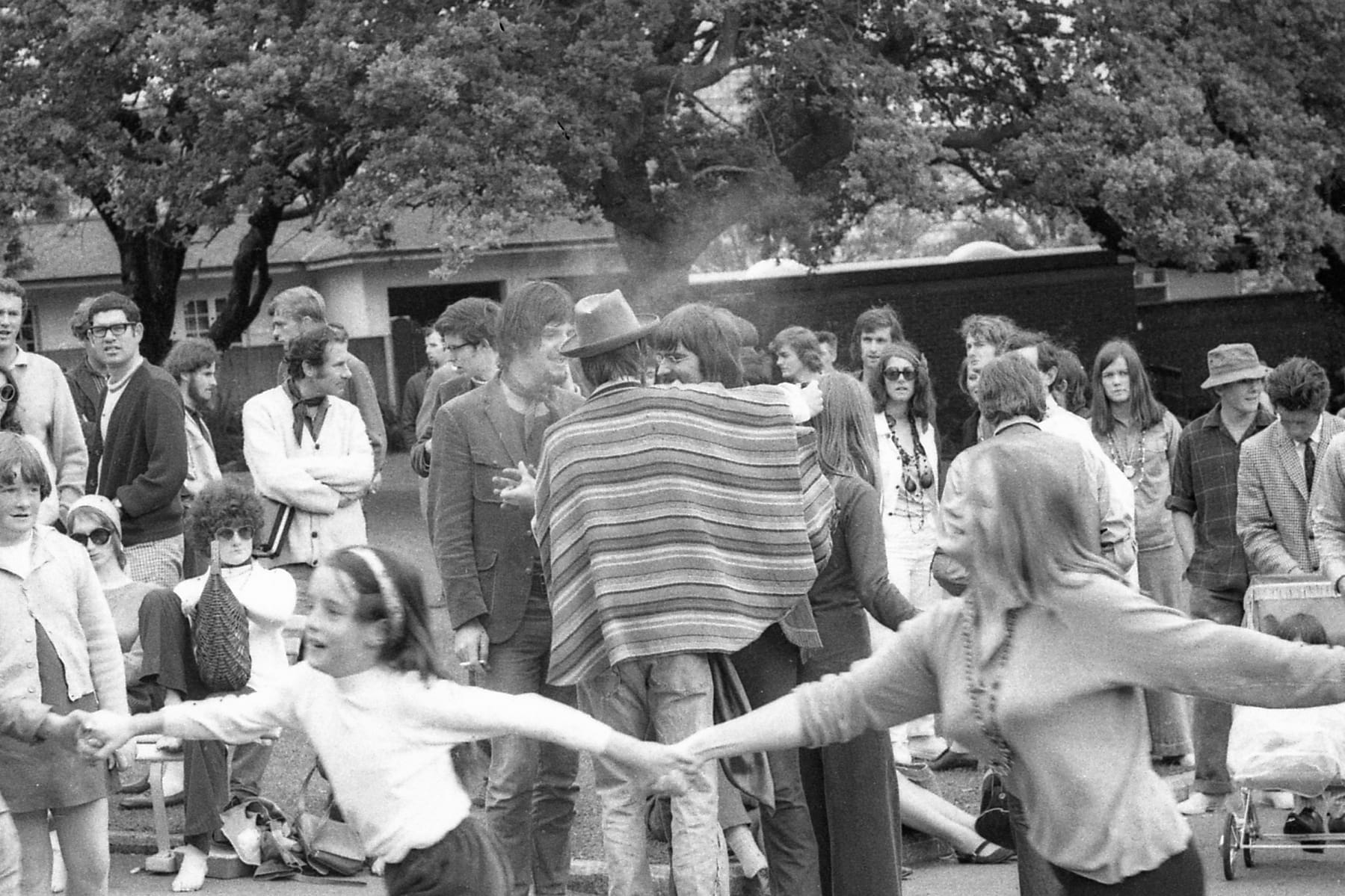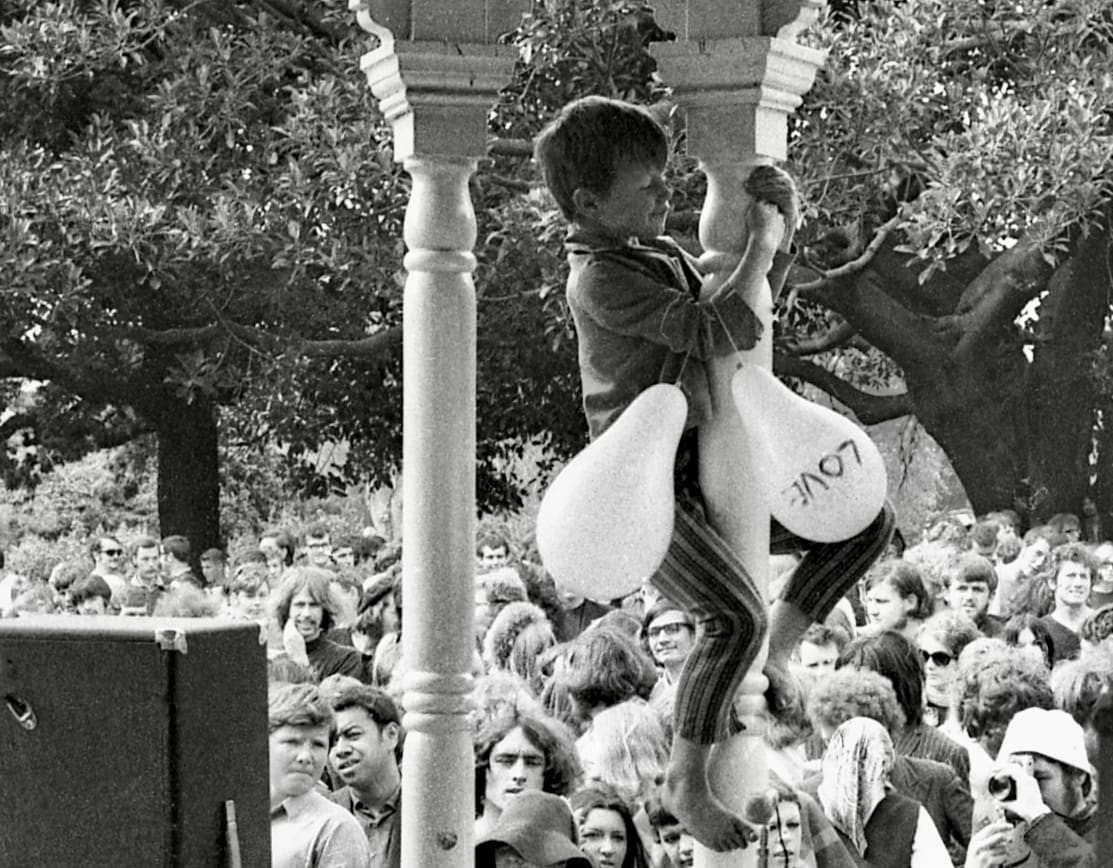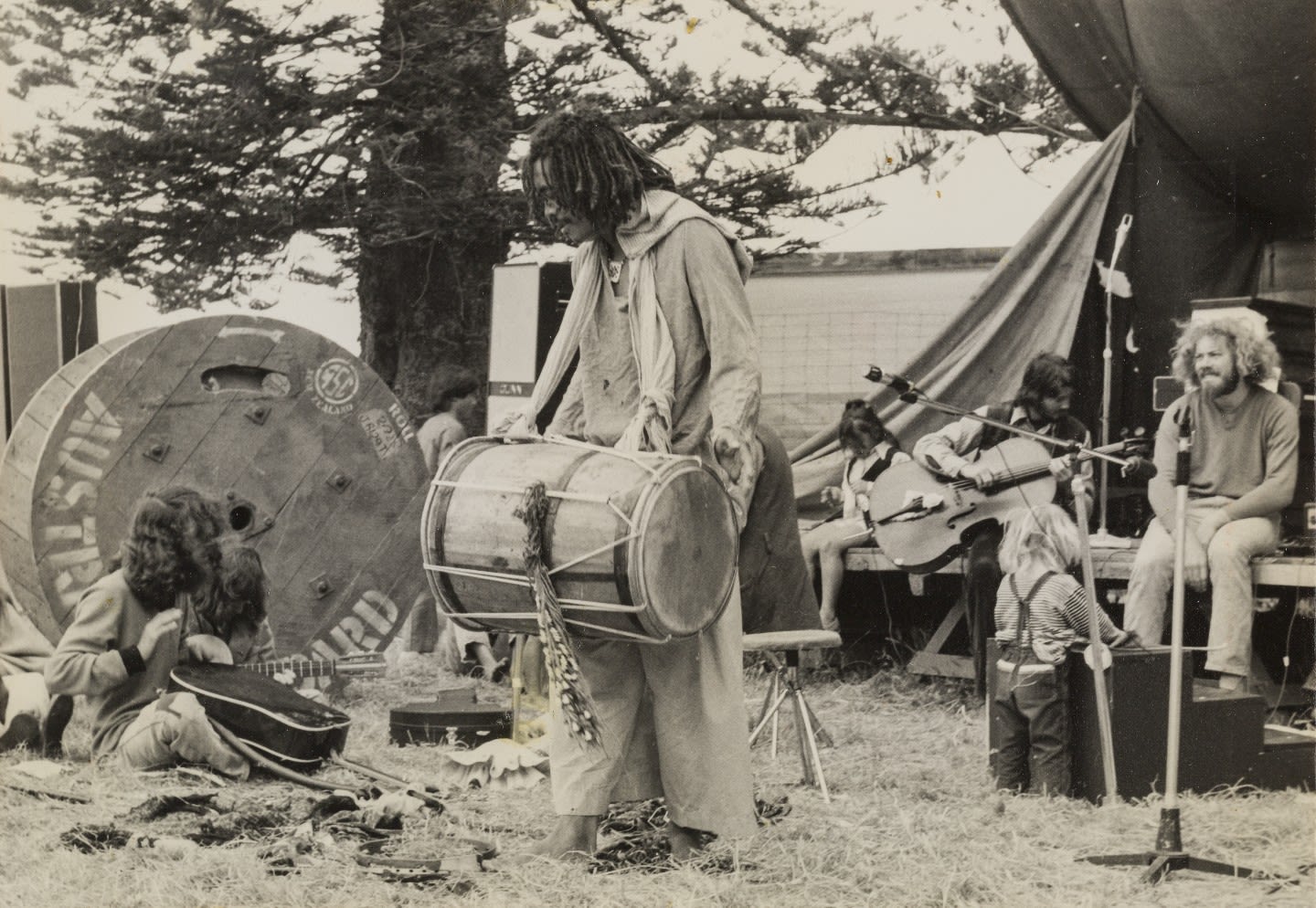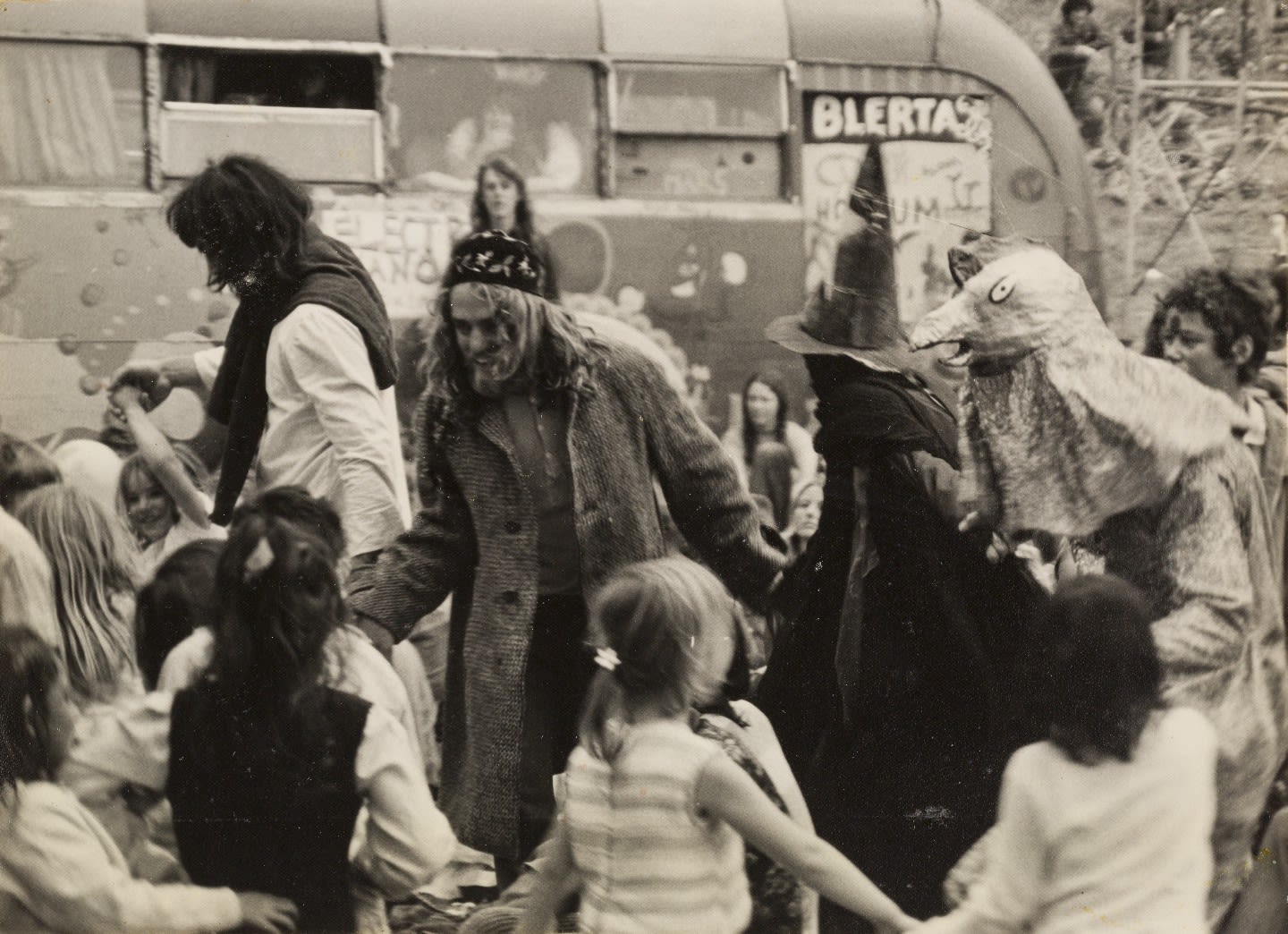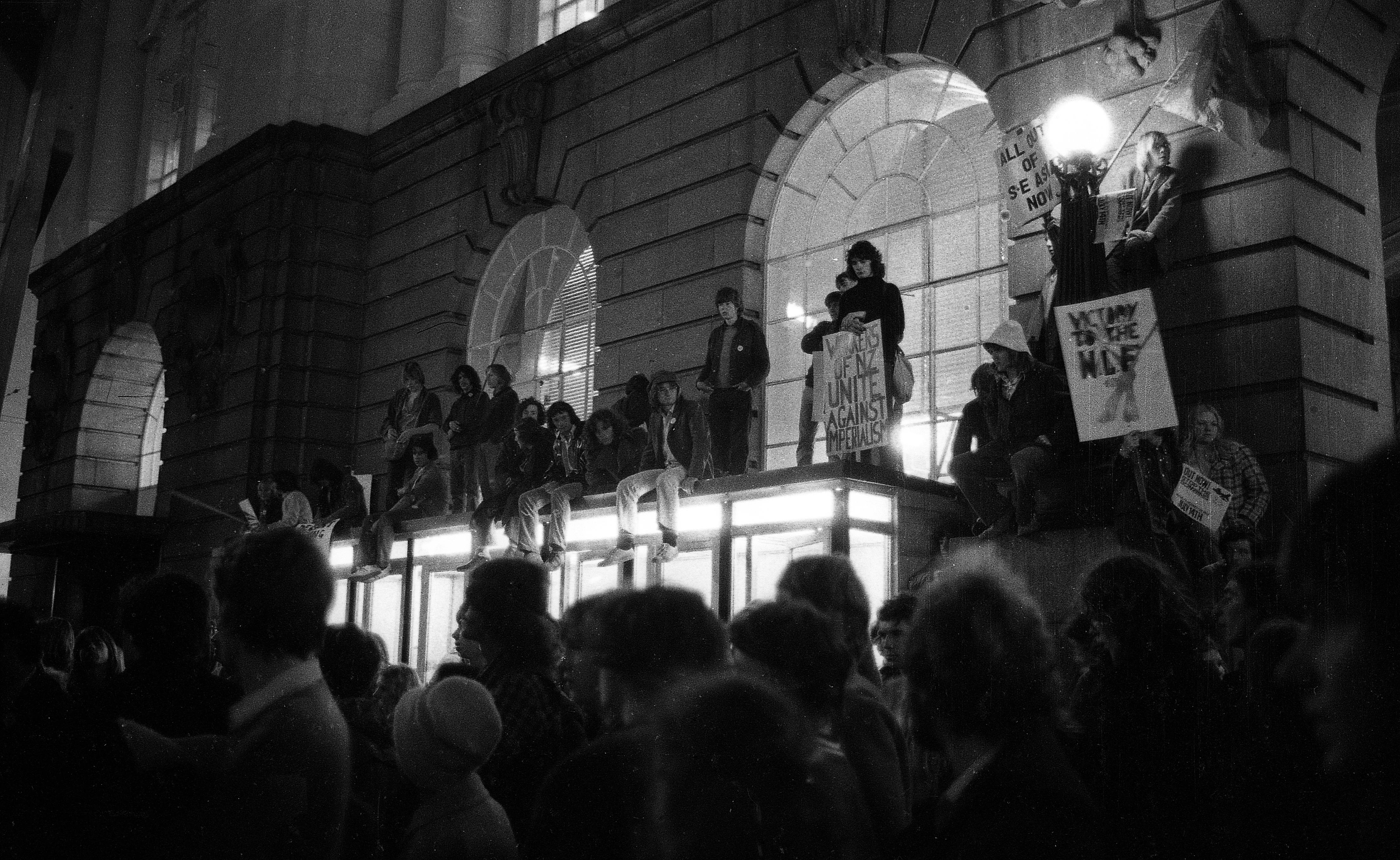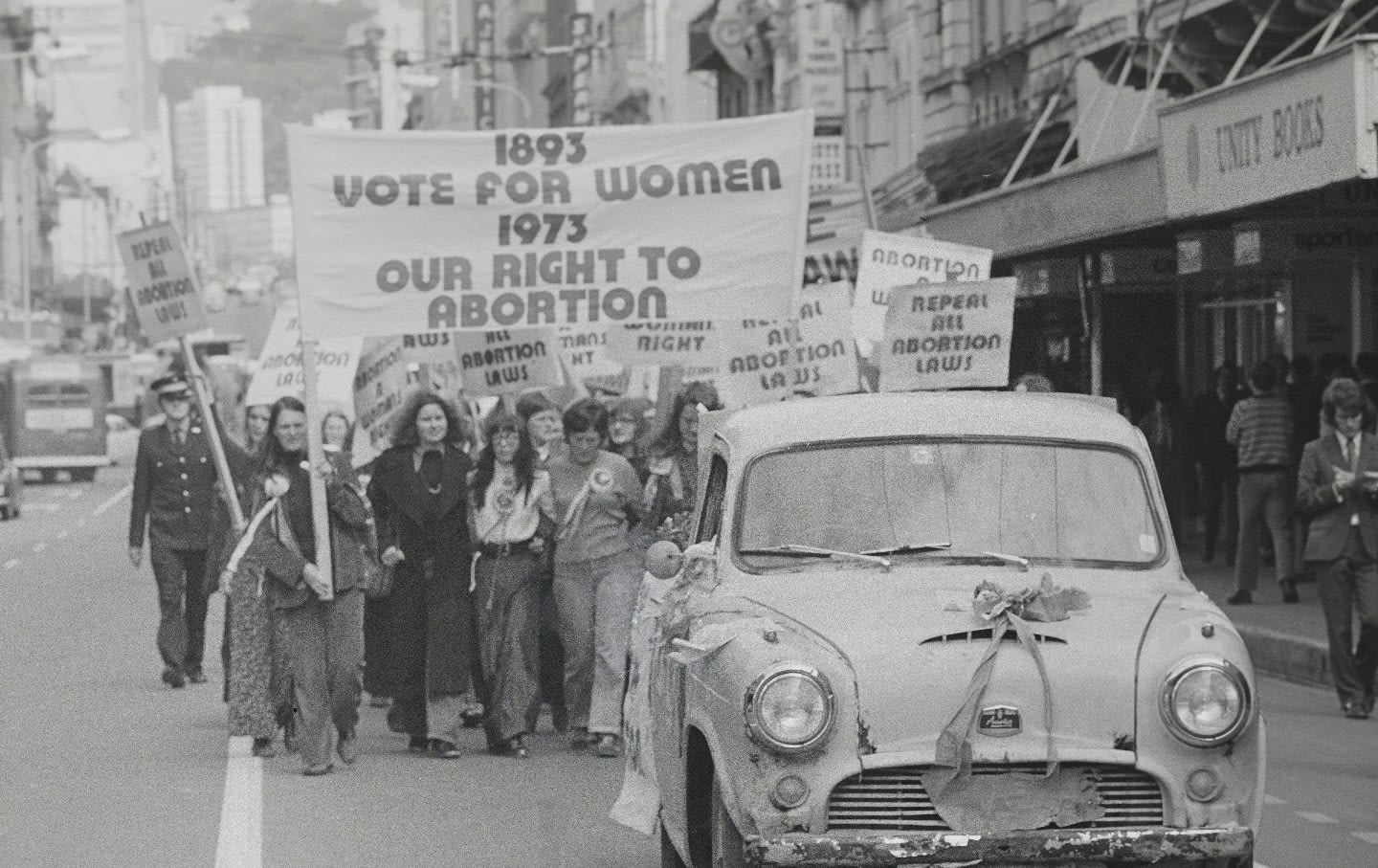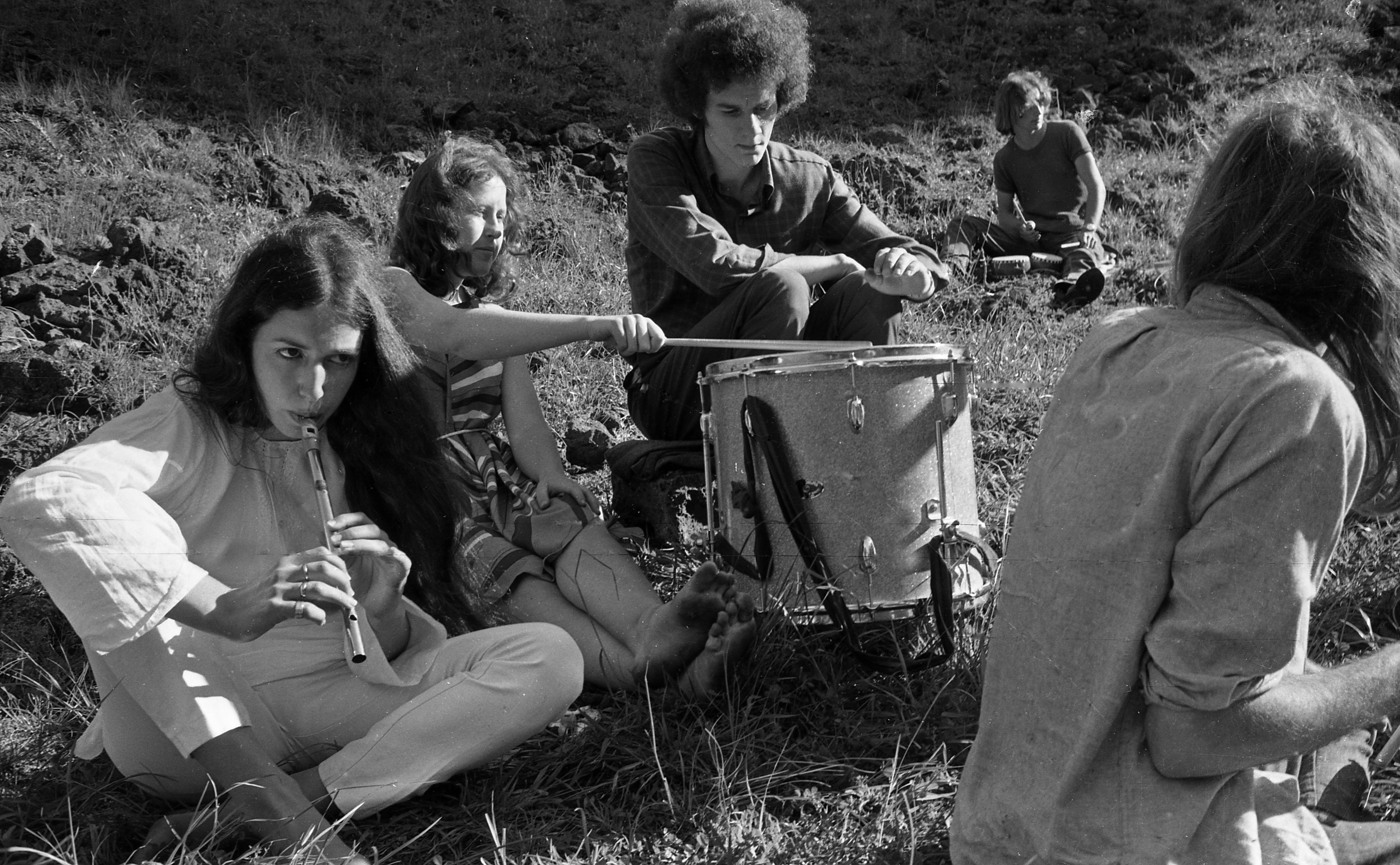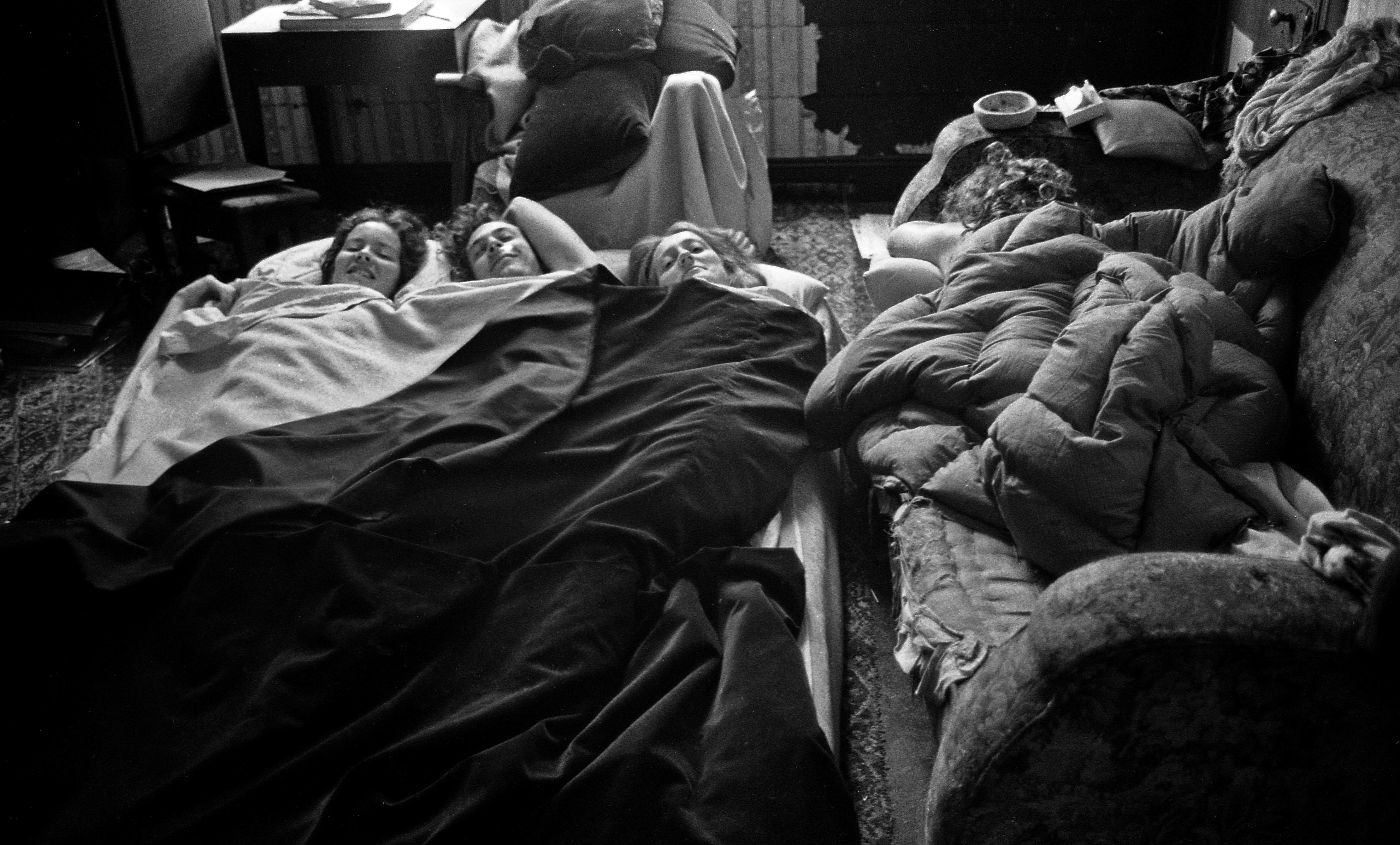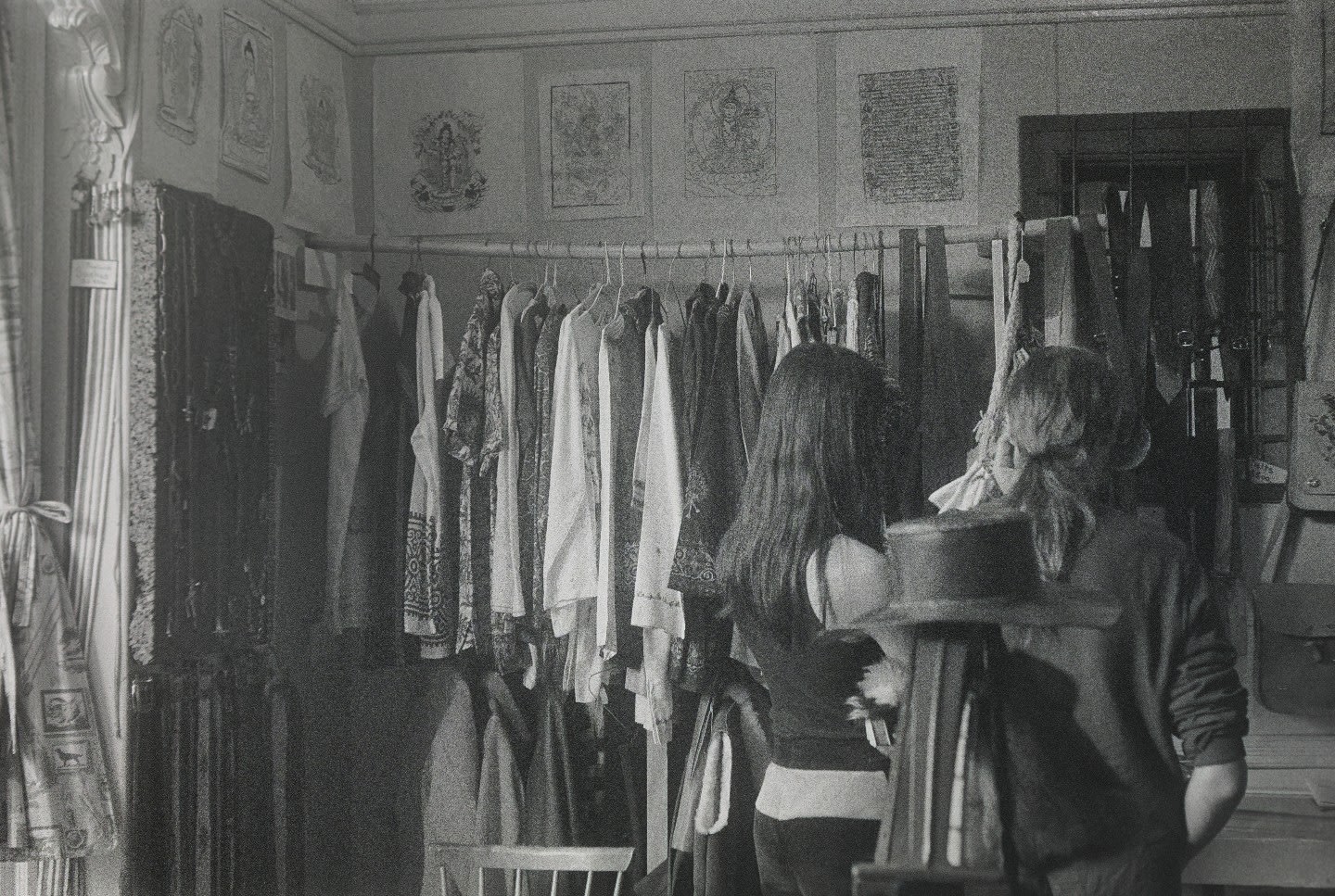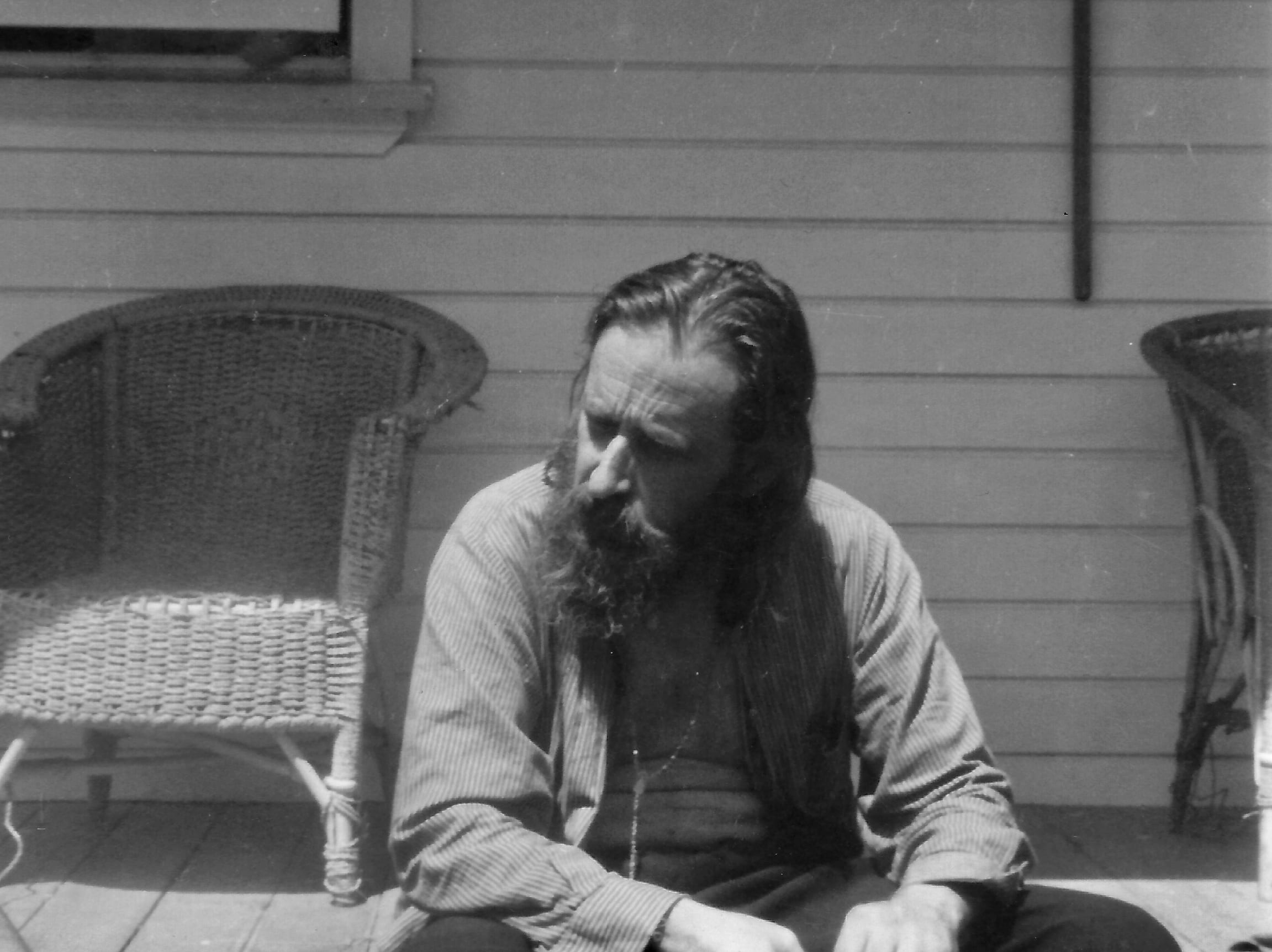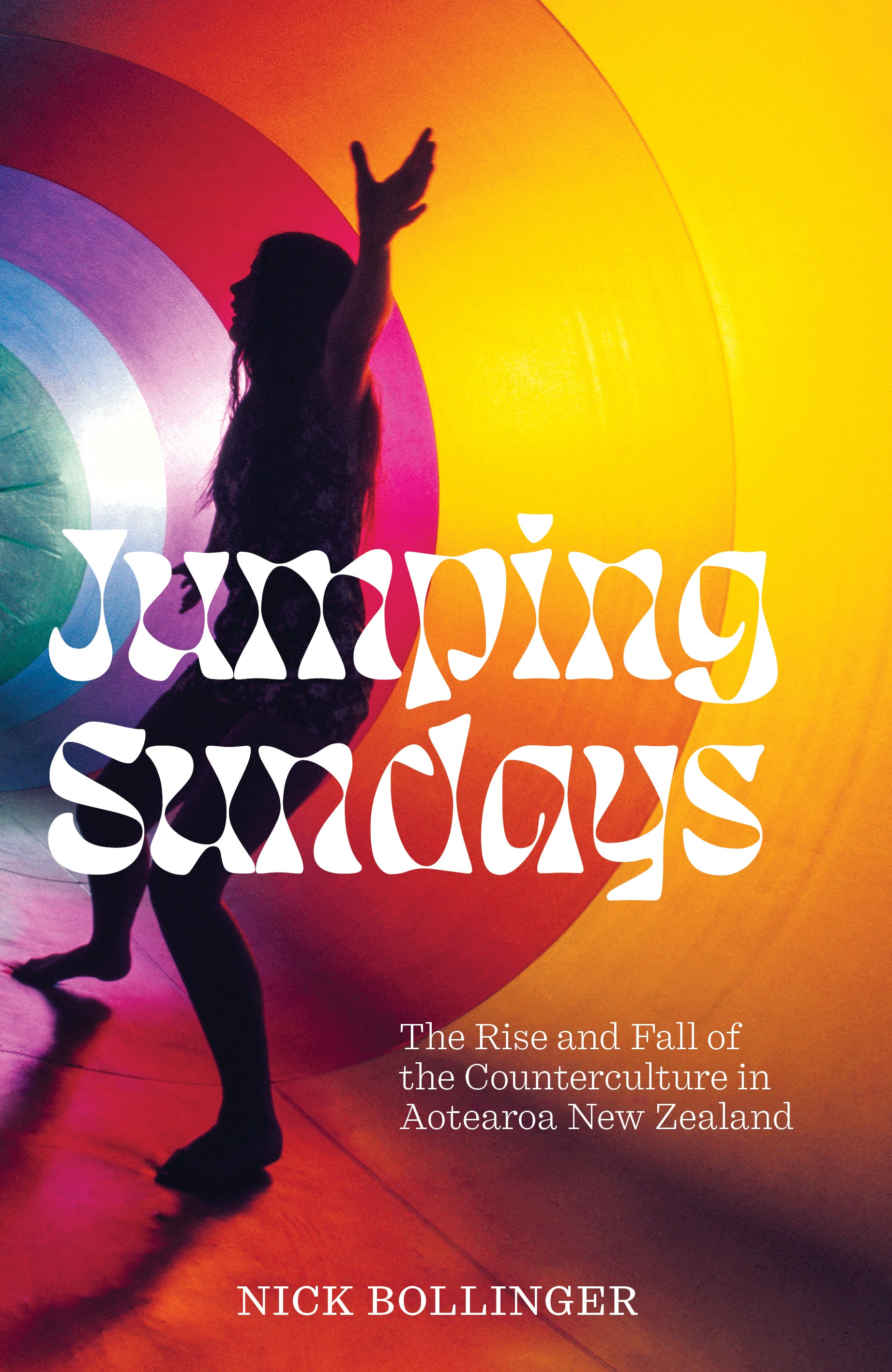Saturday Morning for Saturday 20 August 2022
8.10 Fintan O’Toole: documenting the evolutions of modern Ireland

Photo: Benson Russell
Finding ground somewhere between memoir and history book, Fintan O’Toole documents the spectacular changes that have occurred in Ireland over the past six decades in his latest book We Don't Know Ourselves: A Personal History of Ireland Since 1958.
Born in 1958 to a working-class family in Dublin, O’Toole entered the world at a time of dramatic change for Ireland. That was the year when Secretary of the Department of Finance T. K. Whitaker published his seminal study Economic Development, which set the course for the modernisation of Ireland’s economy and gave new hope to an country from which young people were fleeing.
Fintan O’Toole has worked as a columnist for The Irish Times since 1988.
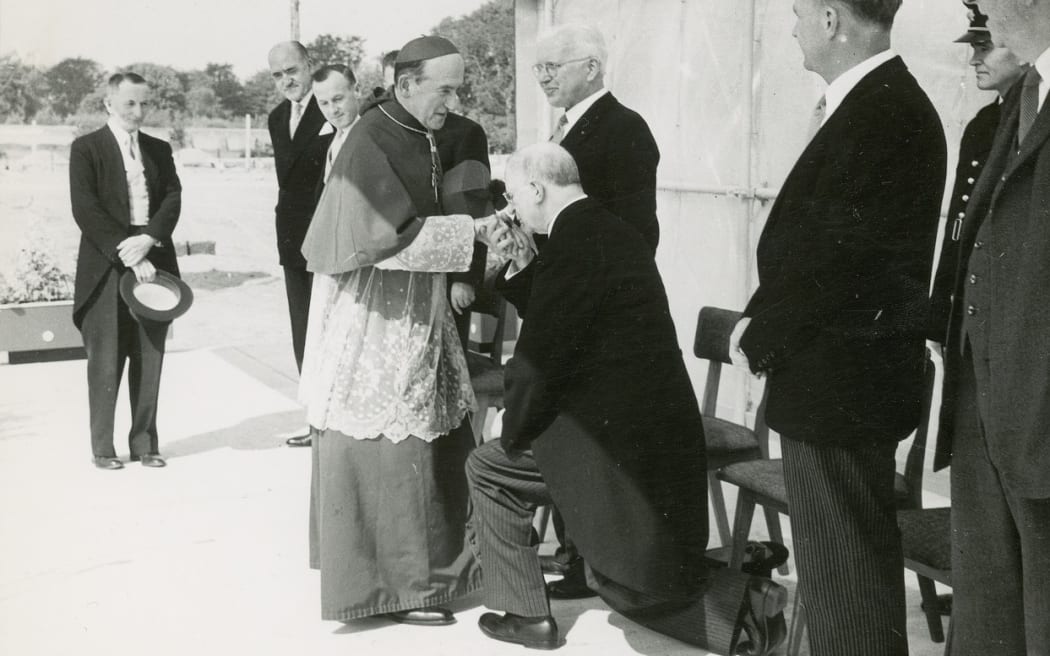
Irish president Eamon de Valera kissing the ring of the Archbishop of Dublin, John Charles McQuaid, 1962 Photo: University College Dublin
9.05 June Nelson: a year with the seabirds of the Galápagos Islands
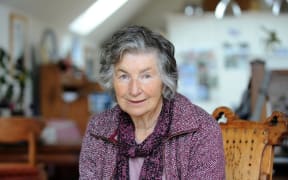
Photo: Dumfries and Galloway Standard
In the 1960s June Nelson and her husband, renowned ornithologist Bryan Nelson, spent a "madcap" year camping in the Galápagos Islands to study the abundant birdlife.
Now aged 85, the audacious naturalist remembers their many eye-opening adventures, including the bizarre experience of lunch with the late Duke of Edinburgh aboard the Britannia, their clothes in tatters.
June has detailed their adventures in the book Galapagos Crusoes, which updates Bryan's celebrated 1968 publication Galapagos: Islands of Birds. Bryan was made an MBE in 2006 for his work with seabirds. He died in 2015.
9.40 Megan Dunn: why art doesn’t have to play nice
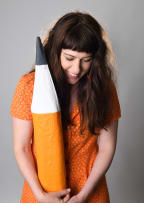
Photo: Supplied
What’s your favourite artwork and why? Starting with her own picks, art critic and author Megan Dunn contemplates the point of art, how we use it, and why we enjoy it.
At the upcoming Auckland Writers Festival event Speaker’s Corner: Art for Art's Sake Dunn will be arguing that art doesn’t always need to ‘play nice’ and uphold civic values. She says art should be audacious, challenging, and valued entirely for its own sake.
Dunn will talk us through some of her own favourite works, and we invite listeners to share why they love theirs. Send your thoughts through to saturday@rnz.co.nz or text 2101.
10.05 Ben Novak: should we bring extinct animals back from the dead?
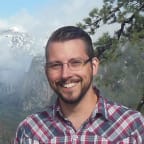
Photo: Revive & Restore
Ben Novak was 14 years old when he decided to dedicate his life to resurrecting extinct animals. Now, aged 35, Novak is a de-extinction biologist with Revive & Restore, an American organisation aiming to enhance biodiversity through the genetic rescue of extinct and endangered species.
Novak leads a project to revive the passenger pigeon, a bird once so abundant in the eastern US that its flocks were said to block out the sun. The pigeons died out in captivity in 1914.
Novak is part of a growing movement looking to bring about ‘de-extinction’ of animals, such as the woolly mammoth and Tasmanian tiger. However, some critics say rather than trying to revive species from extinction we should put more effort into saving endangered animals.
10.35 James Goggin: creating a more human design with Fuzzy Logic

Photo: supplied
There’s a contemporary drive for artificial intelligence to be more precise and, in being so, more human. Yet some argue that our lack of precision is at the core of what actually makes us human.
Graphic designer James Goggin has been revisiting Fuzzy Logic, an intentionally imprecise computational theory first conceived back in 1965. Application of the theory can be seen today in everything from speech recognition software to the microwave reheat button.
Goggin is interested in how a ‘new fuzzy logic’ might inject humanity into all manner of design. One of his most recent projects is Ubi Sunt, a diaristic Covid-times meta-novella designed in collaboration with the author, Google AI researcher Blaise Agüera y Arcas. You can view it here.
James Goggin will be delivering the Ockham Lecture at Auckland’s Objectspace on August 29.
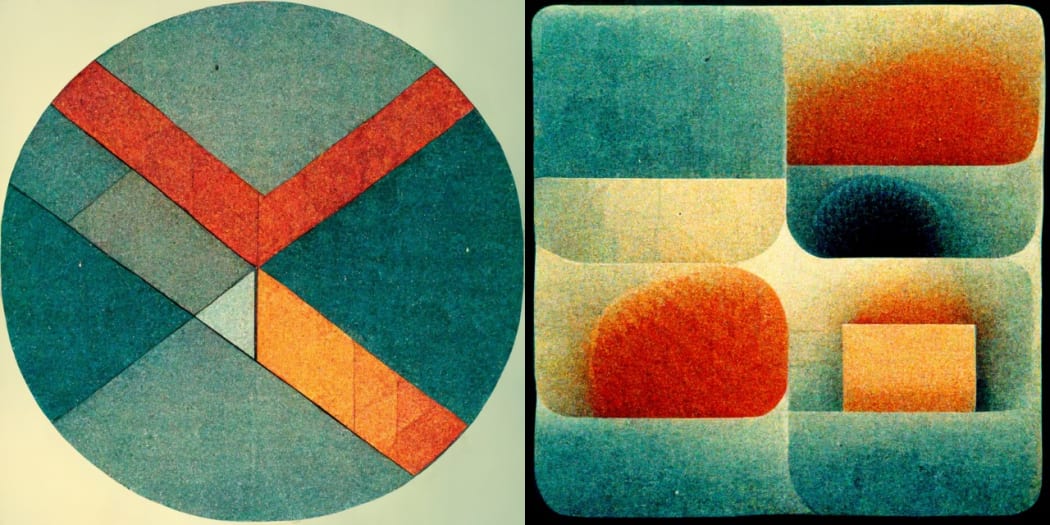
James Goggin gave artificial intelligence (AI) image generator Midjourney the prompt “A diagram explaining Fuzzy Logic” and these are two of its responses. Photo: Supplied
11.05 Nick Bollinger: the rise and fall of counterculture in Aotearoa
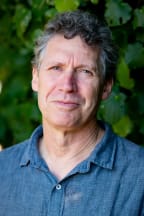
Photo: Robert Cross
Music writer and reviewer Nick Bollinger traces through a somewhat turbulent time in our past with new book Jumping Sundays: The Rise and Fall of Counterculture in New Zealand Aotearoa.
Focusing on the period between the mid-60s to early-70s, the book takes its title from the weekly gatherings that took place in Auckland’s Albert Park, where young hippies and radicals gathered in acts of defiance. Jumping Sundays examines how this burgeoning counterculture saw people rejecting the system they grew up in, and as a result inflamed further movements.
Nick Bollinger will be celebrating the launch of Jumping Sunday as part of Auckland Writers Festival on August 25. Then he will be heading to Word Christchurch on September 4.
Books mentioned in this show:
We Don't Know Ourselves: A Personal History of Ireland Since 1958
By Fintan O’Toole
Published by: Head of Zeus
ISBN: 9781784978280
Galapagos Crusoes
by Bryan Nelson and June Nelson
Publisher: Bradt
ISBN: 9781784778859
Jumping Sundays: The Rise and Fall of Counterculture in New Zealand
By Nick Bollinger
Published by: Auckland University Press
ISBN: 9781869409517
Music featured on this show:
Girlfriend
Jonathan Richman and the Modern Lovers
Played at 9.30am
Pretzel Logic
Steely Dan
Played at 10.40am
Something In The Air
Thunderclap Newman
Played at 11.15am
Tomorrow Never Knows
The Beatles
Played at 11.30am
Running To The Sea
Corben Simpson
Played at 11.55am
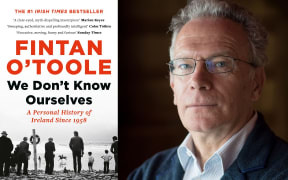
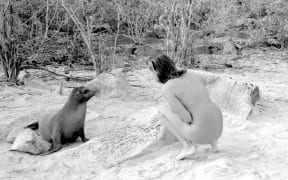
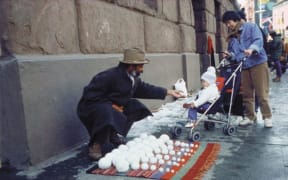
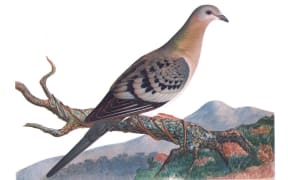

![Corben Simpson cools off at Ngaruawahia, 1973. [composite]](https://media.rnztools.nz/rnz/image/upload/s--XYcBD9Vo--/ar_16:10,c_fill,f_auto,g_auto,q_auto,w_288/v1660786156/4LMUUP0_Corben_cools_of_composite_jpg)


